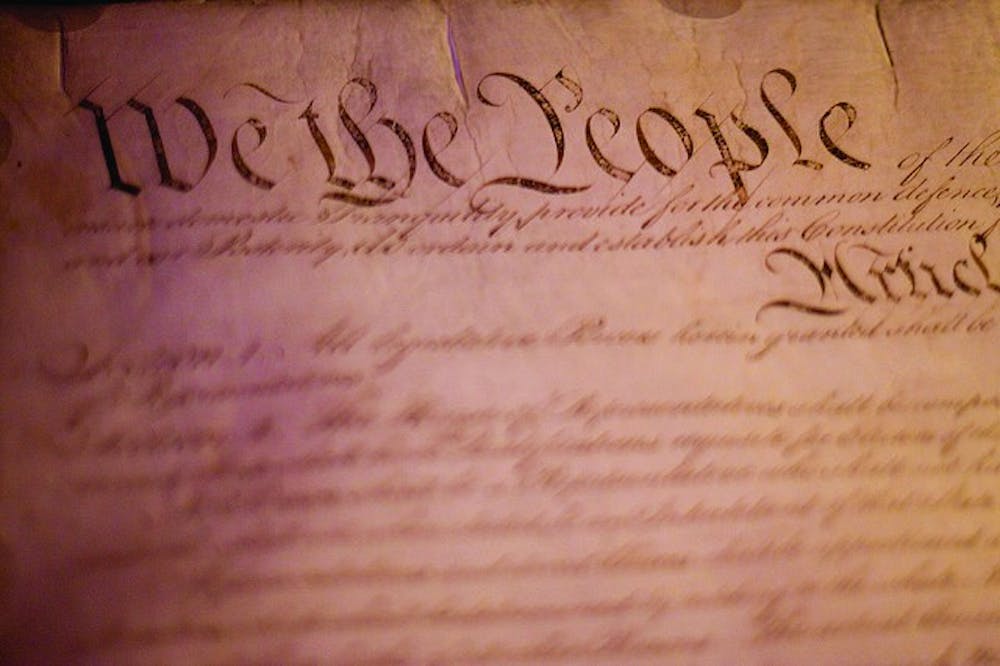The Supreme Court is considering two cases involving homosexual marriage, DOMA and Propostion 8.
The Defense Of Marriage Act set the bounds for federal marriage benefits and limited inter-state marriage recognition requirements to heterosexual marriages only, while legally defining marriage to only be heterosexual monogamous partnerships.
For Windsor v. United States, SCOTUS heard oral arguments on March 27th this year.
In the case, the plaintiff sued as her deceased spouse’s estate was taxed as if they were unmarried.
On June 6, the lower court judge ruled the definition of marriage clause of DOMA unconstitutional on a rational basis review, which is the least rigorous set of standards a law has to meet in order for the court to find a law constitutional.
The Second Circuit Court upheld the ruling stating that laws targeting gays and lesbians are subject to intermediate scrutiny.
California Proposition 8 was a ballot proposition passed in 2008 that made only heterosexual monogamous partnerships legally recognized in the state.
The case the Supreme Court is reviewing is Perry v. Brown, or what is now Hollingsworth v. Perry.
The District Court ruled it unconstitutional for violating due process and Equal Protection, and the Ninth Circuit upheld the ruling, but on narrower grounds.
There certainly is no rational basis to prohibit non-heterosexual monogamous couples from governmental marriage benefits. The laws as they stand make heterosexual monogamous partnerships a privileged class for no secular reason.
For the sake of this argument, it does not matter what anyone’s views on non-heterosexuality, non-monogamy, or anything else are, because they do not matter in the context of discussing the oughts of law. It only matters that no one perverts the law to use it as an institution to infringe, instead of protect, rights, either by direct infringement or create privileged classes.
It is a basic principle of civilized society that the law treat all people equally under it.
This means that it does not matter whether 99 percent of people want a particular statute if that statute infringes upon the rights of that 1 percent that statute is unjust.
The legalization of homosexual marriage also in no way infringes upon the rights of religious people who disapprove of it.
They never had the right to use the force of government to make themselves a privileged class in the first place.
However, we must not stop merely at homosexual marriage. There is also no secular purpose for banning any form of consenting relationships between adults.
But this still does not eliminate all problems.
What if there is a person who desires the security the legal benefits of marriage bring, but cannot find a suitable romantic partner to whom they should marry?
That elevates romantic partnerships to a privileged legal status over other personal partnerships.
Perhaps, then, the real answer to this controversy is complete and total freedom of contract resulting in the abolition of secular marriage. After all, if love is blooming, who wants a politician involved?



The Slate welcomes thoughtful discussion on all of our stories, but please keep comments civil and on-topic. Read our full guidelines here.